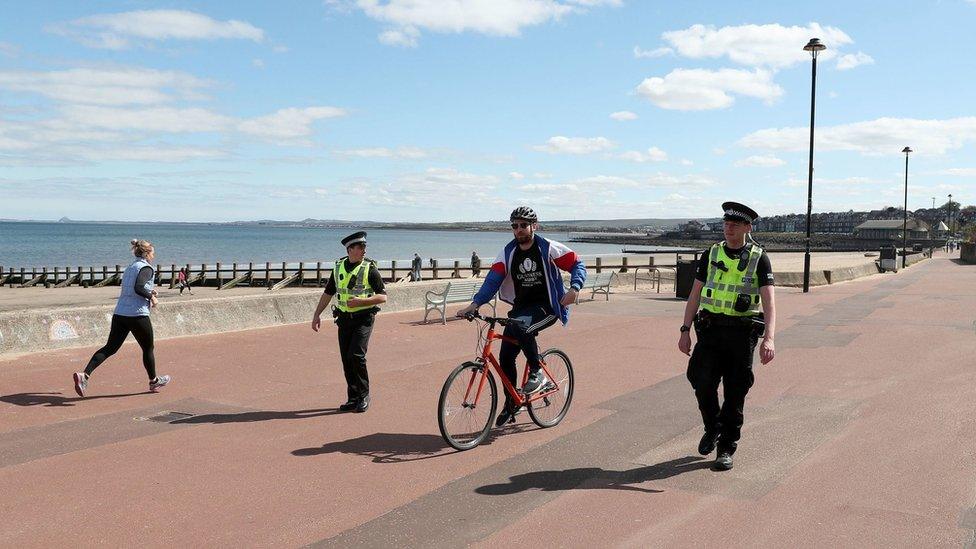Coronavirus: Boris Johnson says this is moment of maximum risk
- Published
- comments
The PM warned the country was at the 'moment of maximum risk'
The UK is at the moment of maximum risk in the coronavirus outbreak, Boris Johnson has said, as he urged people not to lose patience with the lockdown.
Speaking outside No 10 for the first time since recovering from the virus, Mr Johnson said "we are now beginning to turn the tide" on the disease.
He said lockdown would not be relaxed too soon and details on any changes will be set out over the "coming days".
But some paused NHS England services, such as cancer care, are to resume
And the families of front-line NHS and social care staff who die with coronavirus will receive a £60,000 compensation payment, the government has announced.
It comes as the latest daily figures show a further 360 people died with the virus in hospitals, taking the total number of deaths to 21,092.
This number includes 82 NHS staff and 16 care workers who have died in hospital in England.
The UK deaths figure do not include people who died in the community, for example in care homes, or people who have died in their own homes.
'Invisible mugger'
The prime minister returned to Downing Street on Sunday after more than three weeks off sick.
Mr Johnson said he understood concerns from business owners who were impatient to end the lockdown.
But ending it too soon could lead to a second spike in cases and cause more deaths, "economic disaster" and restrictions being reintroduced, he said.
He said there were "real signs now that we are passing through the peak" - including with fewer hospital admissions and fewer Covid-19 patients in intensive care.

A SIMPLE GUIDE: How do I protect myself?
AVOIDING CONTACT: The rules on self-isolation and exercise
HOPE AND LOSS: Your coronavirus stories
LOOK-UP TOOL: Check cases in your area

And comparing the outbreak to someone being attacked, Mr Johnson said: "If this virus were a physical assailant, an unexpected and invisible mugger - which I can tell you from personal experience, it is - then this is the moment when we have begun together to wrestle it to the floor... the moment when we can press home our advantage".
Mr Johnson said once the UK is meeting the five tests for easing restrictions - including a consistent fall in the death rate and making sure the NHS can cope - "then that will be the time to move on to the second phase" in the fight against the outbreak.
A Downing Street spokesman said there could be more on how the government will judge the country's ability to "move forward" by the end of the week.
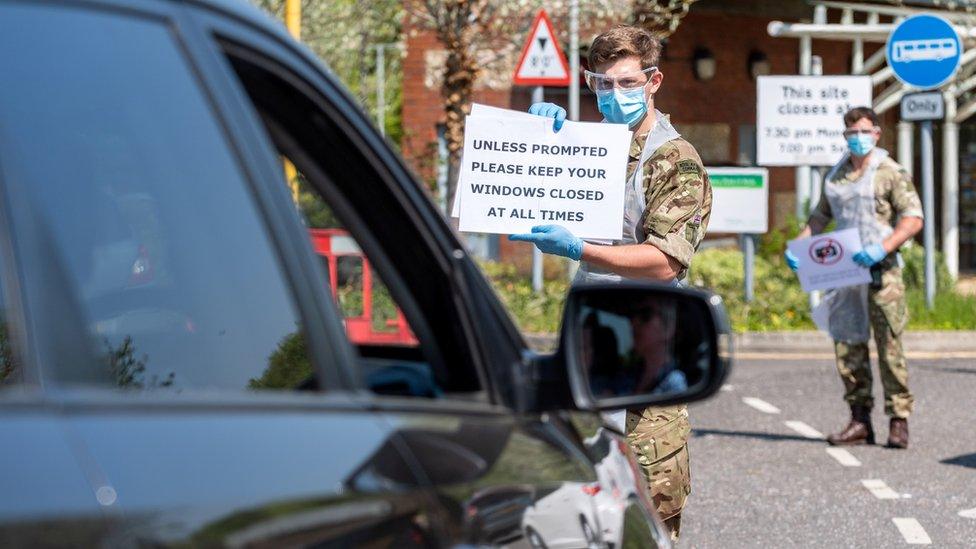
Soldiers give instructions at a drive-through testing centre in Salisbury
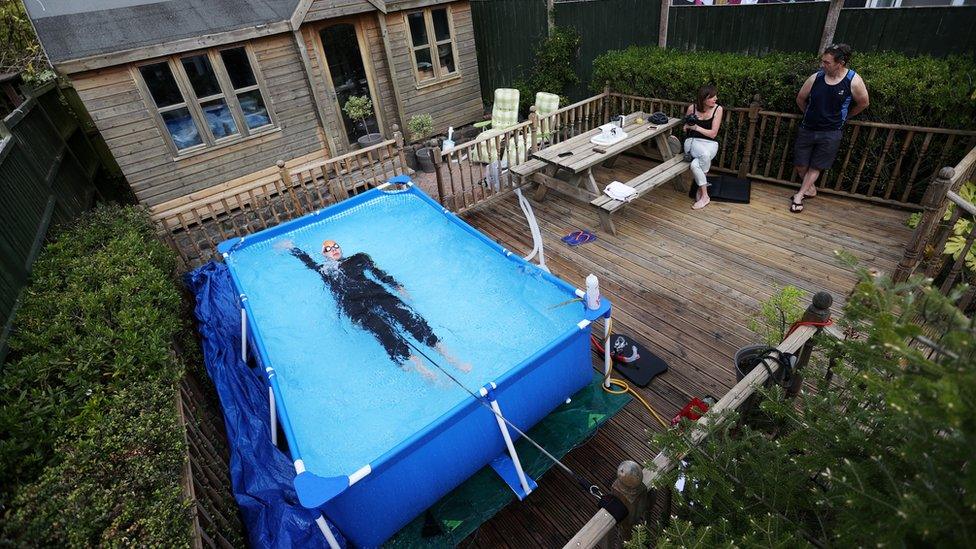
As people are told to stay at home, triathlete Lloyd Bebbington trains in a pool in his garden in Newcastle-under-Lyme
Labour's environment spokesman Luke Pollard welcomed signs the government would be more transparent about exiting lockdown, saying the party had called for the government to publish its strategy.
First Minister Nicola Sturgeon told the Scottish government's daily briefing, it was "not the time to throw caution to the wind" and lift lockdown measures - although there had been "real signs of progress".
Speaking at the Downing Street briefing later, the UK government's chief medical adviser, Prof Chris Whitty, said scientists were trying to asses how "opening up of different bits of society" would affect the spread of he virus.
He said there was "no perfect solution" and ministers would face "very difficult choices" about what measures could be lifted.


The political could hardly be more personal.
But the prime minister's return to work and return to health is far from a metaphor for the country making a quick recovery from the crisis.
In contrast, Boris Johnson's statement at the lectern this morning was a request to the public to be patient, to keep going, to hold firm through the frustrations of living life mainly behind closed doors for a while longer.
Despite some restlessness among the public, increasing volume in his own party, and from the opposition for a clearer route out of this, for the prime minister it's not yet the time to give more detail - and certainly not yet the time to change any of the restrictions.
And when that time is reached, when the infection rate is deemed low enough, he was clear, that there will be no sudden nirvana - life in the 'next phase' will be a slow return of a more familiar rhythm, acknowledging, but not being swayed by demands to open up the economy much more swiftly.

Health Secretary Matt Hancock announced plans at the briefing to restart some NHS services in England, which had been paused to help the health service cope during the outbreak.
Mr Hancock said the "most urgent" services - such as cancer care and mental health support - would be restored first, starting on Tuesday.
"The exact pace of the restoration will be determined by local circumstances on the ground, according to local need and according to the amount of coronavirus cases that that hospital is having to deal with," he said.
The health secretary also announced details of a life assurance scheme for NHS and social care workers who die on the front line with Covid 19.
He said the government wanted to do "everything we can to support families" dealing with their grief and was "looking at other professions" the scheme could be expanded to include.
Hancock: "We want to do everything we can to support families dealing with this grief"
Mr Hancock has set a target of carrying out 100,000 tests a day for coronavirus across the UK by 30 April.
The latest Department of Health figures show 37,024 tests were carried out on Sunday - still far short of the target.
Mr Hancock said he was still confident of reaching the target, which he said would be "big enough" to support the next phase of the government's strategy to "test, track and trace".
Downing Street said it could take a "couple of days or more" before it was clear if the 100,000 target has been met as there was a "time lag" in collating some of the figures, such as on home testing kits.
Mr Hancock said the government is still aiming to eventually conduct 250,000 tests a day. This would include antibody tests, but he said these are yet to be "clinically valid".
Monday's daily briefing was the first to feature a question from a member of the public.
Lynne from Skipton, North Yorkshire, said she missed her grandchildren and wanted to know whether allowing family to hug would be one of the first steps when restrictions are eventually eased.
Mr Hancock said the question "brought home the emotional impact of lockdown" and that he hoped it would be allowed "as soon as possible".
Anyone over the age of 18 can now submit a question, external for those at the daily briefing which will be chosen by an independent polling organisation.

Health secretary Matt Hancock was certainly bullish about the government's testing strategy at the daily briefing.
The numbers being tested are going up and there is certainly capacity to process more - three mega labs are now open in Glasgow, Cheshire and Milton Keynes.
But the problem in the UK though is more to do with giving people easy access to tests.
To date, the UK has relied on hospitals and drive-thru centres to carry out the swab tests.
But to make it more convenient home testing kits are now being offered and mobile units staffed by the army are in operation.
The smooth rollout of these will be essential if numbers are to continue climbing and ministers then succeed in moving to the "test, track and trace" strategy once lockdown restrictions are eased.
In terms of testing, this means providing access to tests to the general public - at the moment only hospital patients, care home residents and essential workers are entitled to them.
But even these restricted groups have been enough to overwhelm the system - the online booking system has had to be closed at points because demand has been too high. There is, it is fair to say, plenty of work still to do.

Small business loans
Elsewhere, the Treasury has announced extra loans for small businesses, after they raised concerns about slow access to existing coronavirus rescue schemes.
Chancellor Rishi Sunak told the Commons the scheme would start next week, offering loans to small firms for 25% of turnover, up to £50,000, within days of applying. The loans would be interest free for the first 12 months, he added.
Loans to larger businesses under the coronavirus business interruption loans scheme will continue to get 80% government-backing.
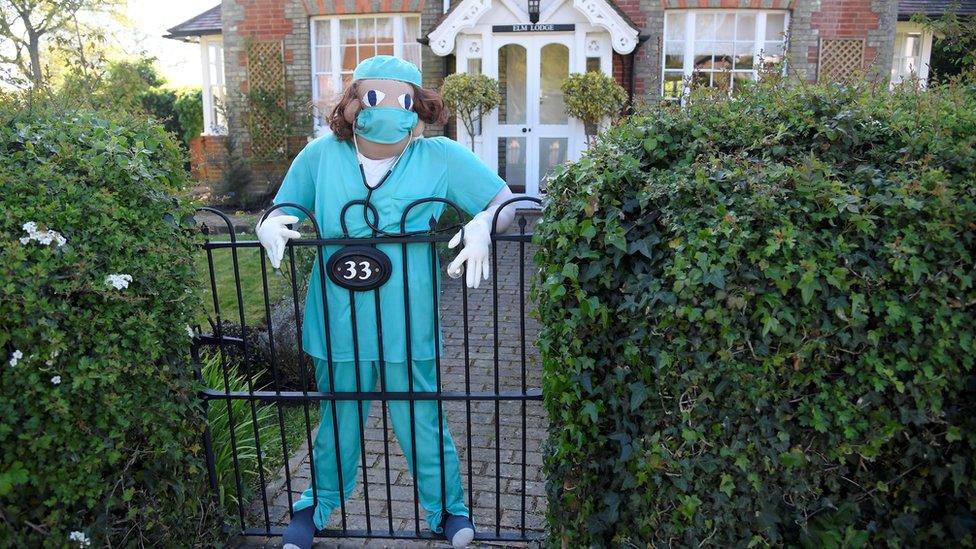
In Capel in Surrey, villagers have made scarecrows of key workers
Mr Johnson was diagnosed with the virus a month ago. He was admitted to St Thomas' Hospital in central London on 5 April and spent a week there, including three nights in intensive care.
He has not been doing any official government work during his convalescence at his country residence, Chequers, although last week he did speak to the Queen and US President Donald Trump, as well as meeting senior ministers.
Strict limits on daily life, external - such as requiring people to stay at home, shutting many businesses and preventing gatherings of more than two people - were introduced on 23 March, as the government tried to limit the spread of the virus.
Ministers are required by law to assess whether the rules are working, based on expert advice, every three weeks. The next review is due by next Thursday 7 May.
In other developments:
The number of cases globally has passed three million, according to data collected by the Johns Hopkins University, external
British doctors are being urged to look out for a rare but dangerous reaction in children which it's thought may be linked to coronavirus
The UK's coronavirus contact-tracing app is set to use a different model to one proposed by Apple and Google, despite privacy concerns
The head of England's schools watchdog, Ofsted, has said it is in children's interests to return to school "as soon as possible"
Plans to resume the Premier League season will step up this week in what has been labelled "Project Restart"
Greggs has announced plans to trial reopening some of its bakeries from next Monday
The boss of retail chain Timpson has warned some UK High Street shops will not survive the coronavirus lockdown
New Zealand says it has stopped community transmission of Covid-19, effectively eliminating the virus
Italy has outlined its plans to ease restrictions, allowing more businesses to open and people to visit relatives in small numbers
- Published27 April 2020
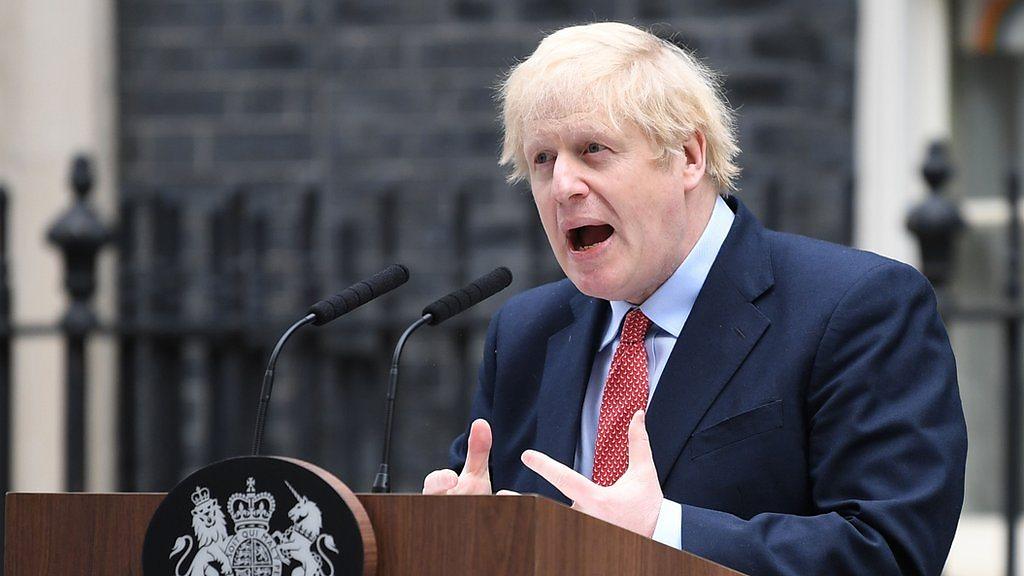
- Published1 May 2020
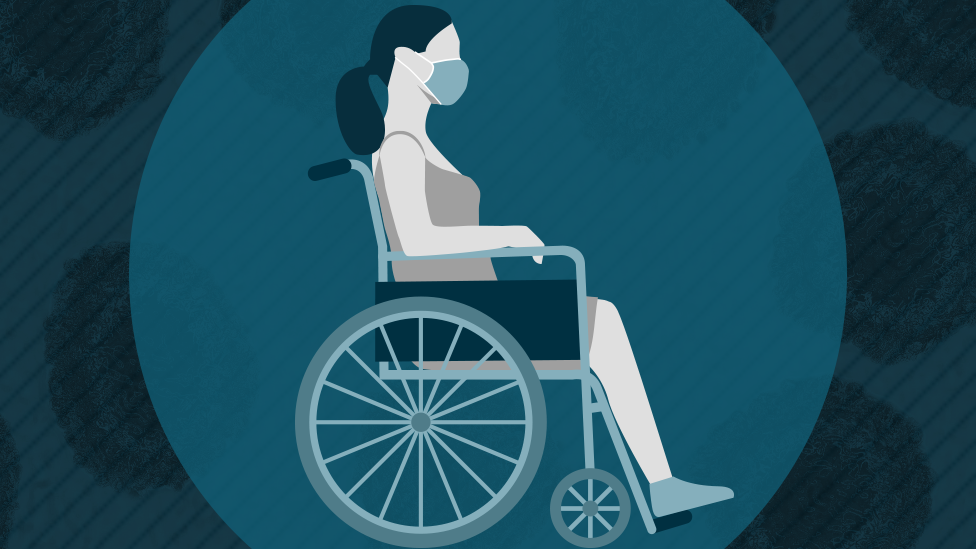
- Published26 April 2020
